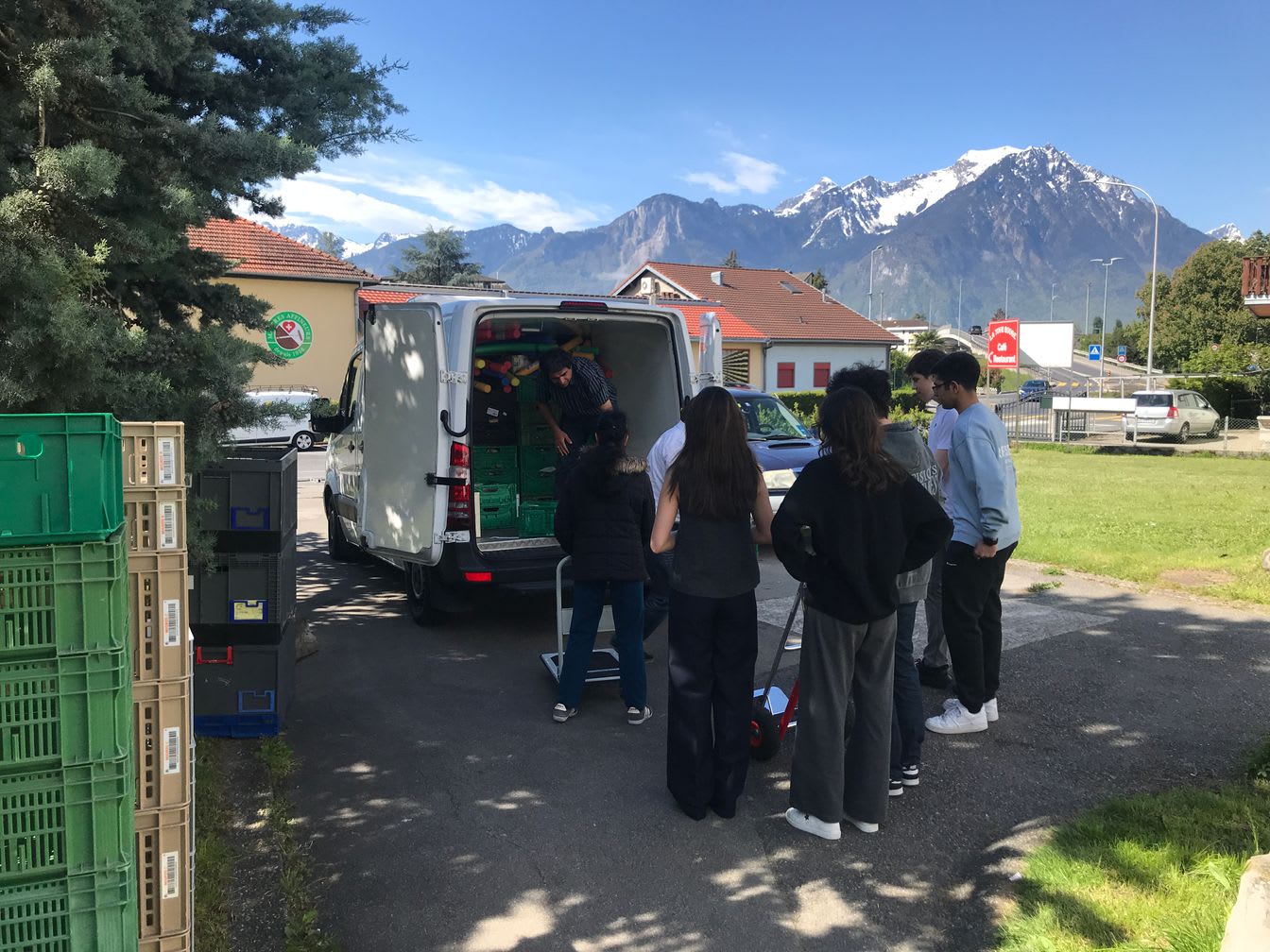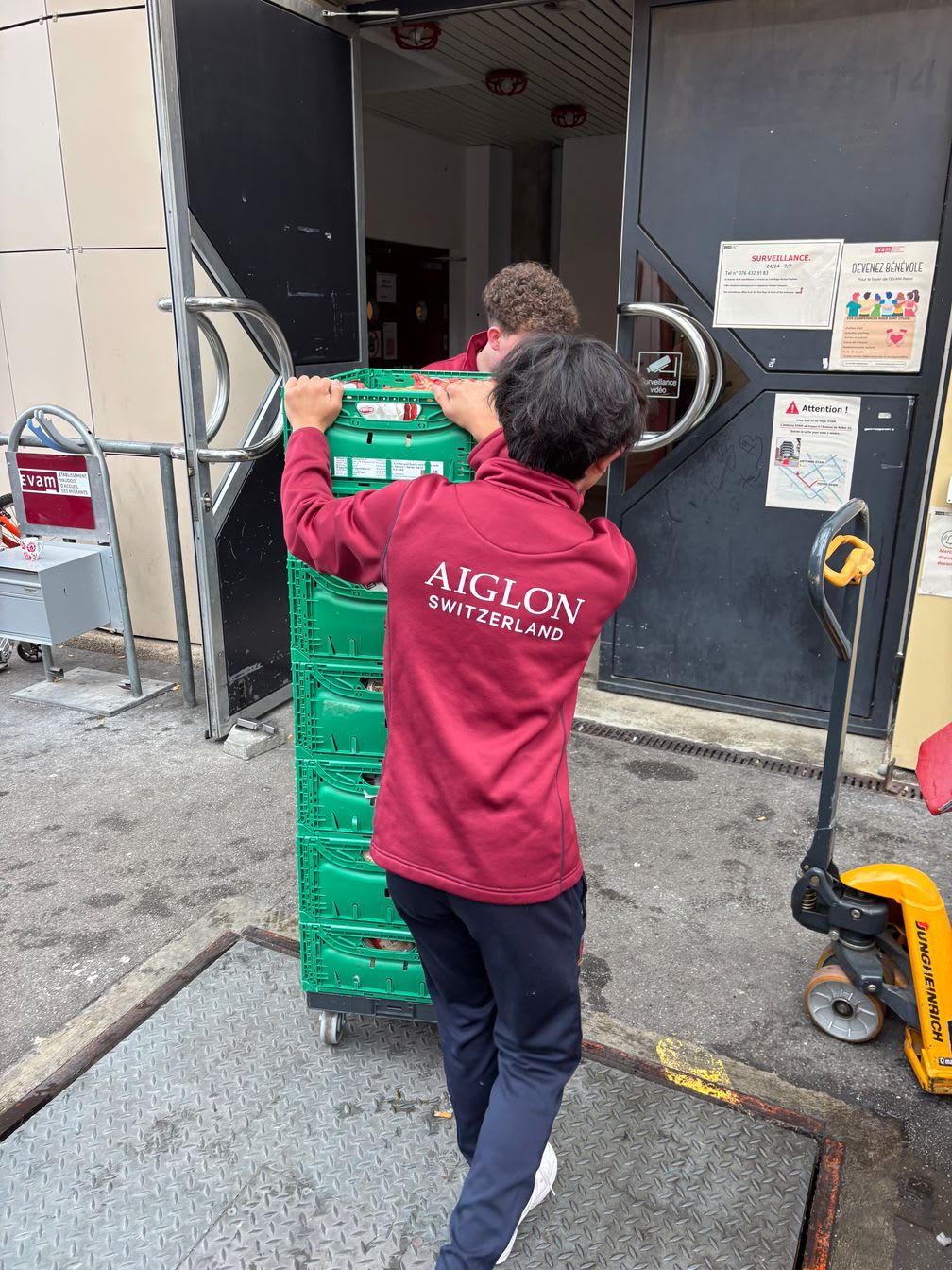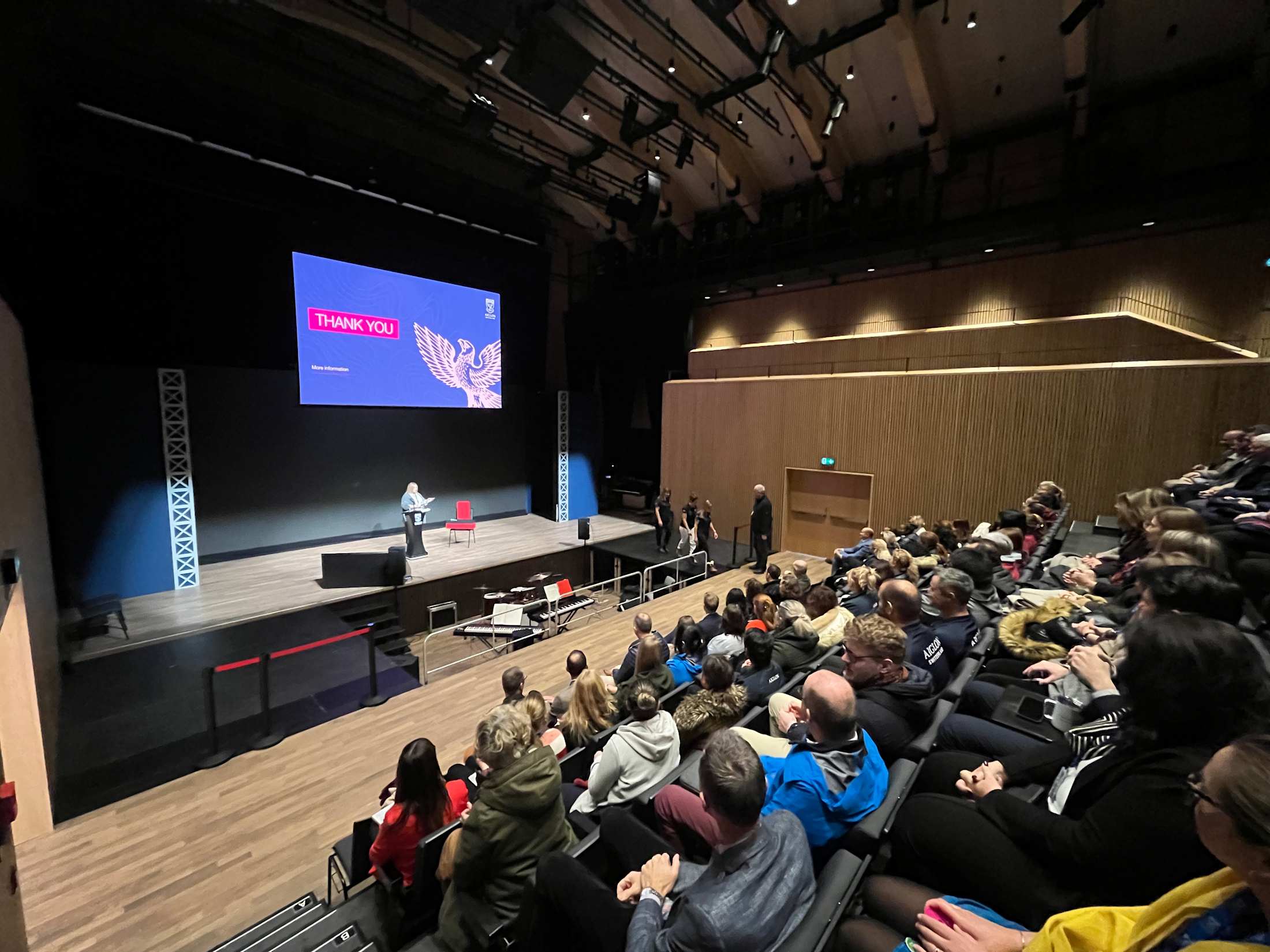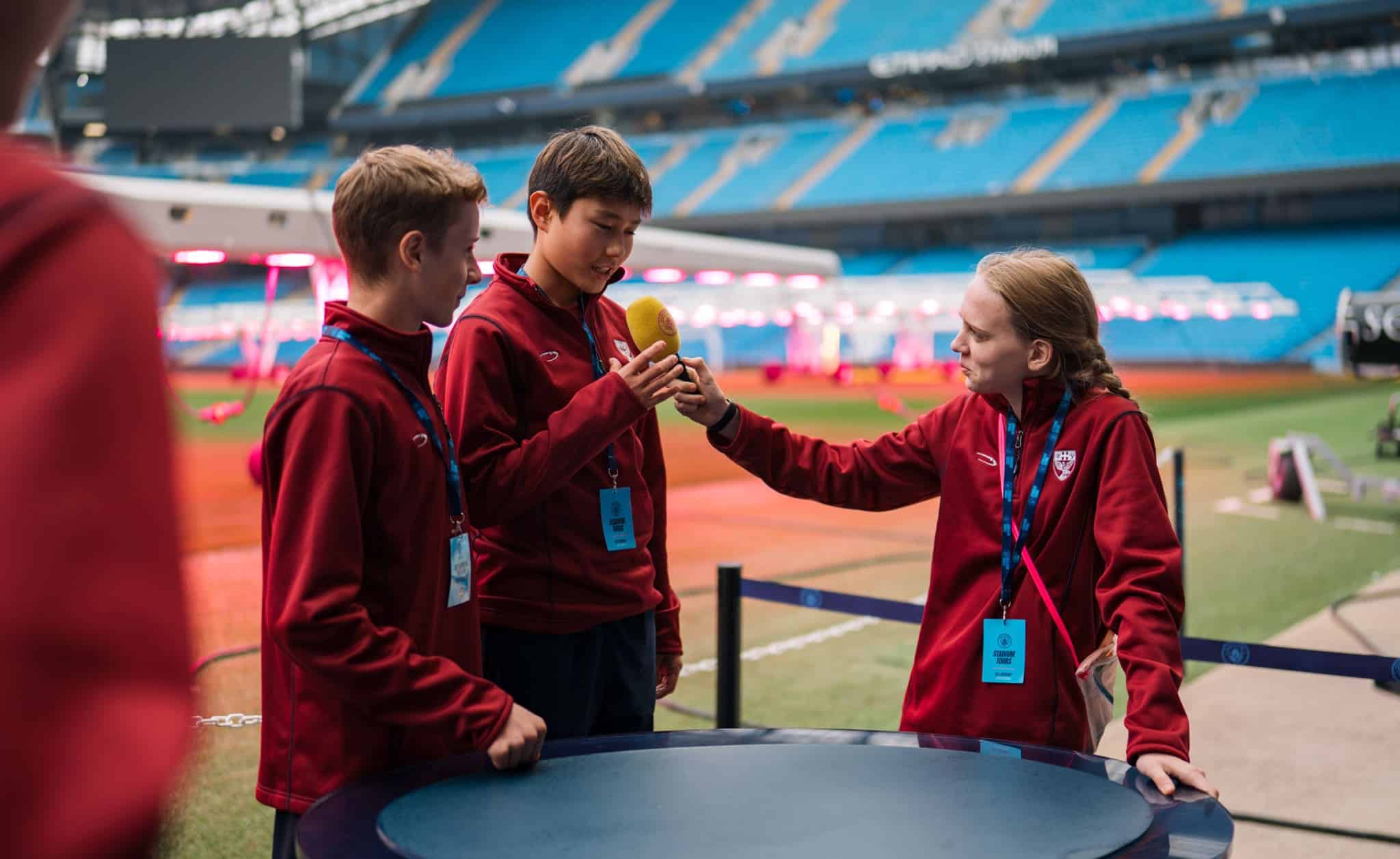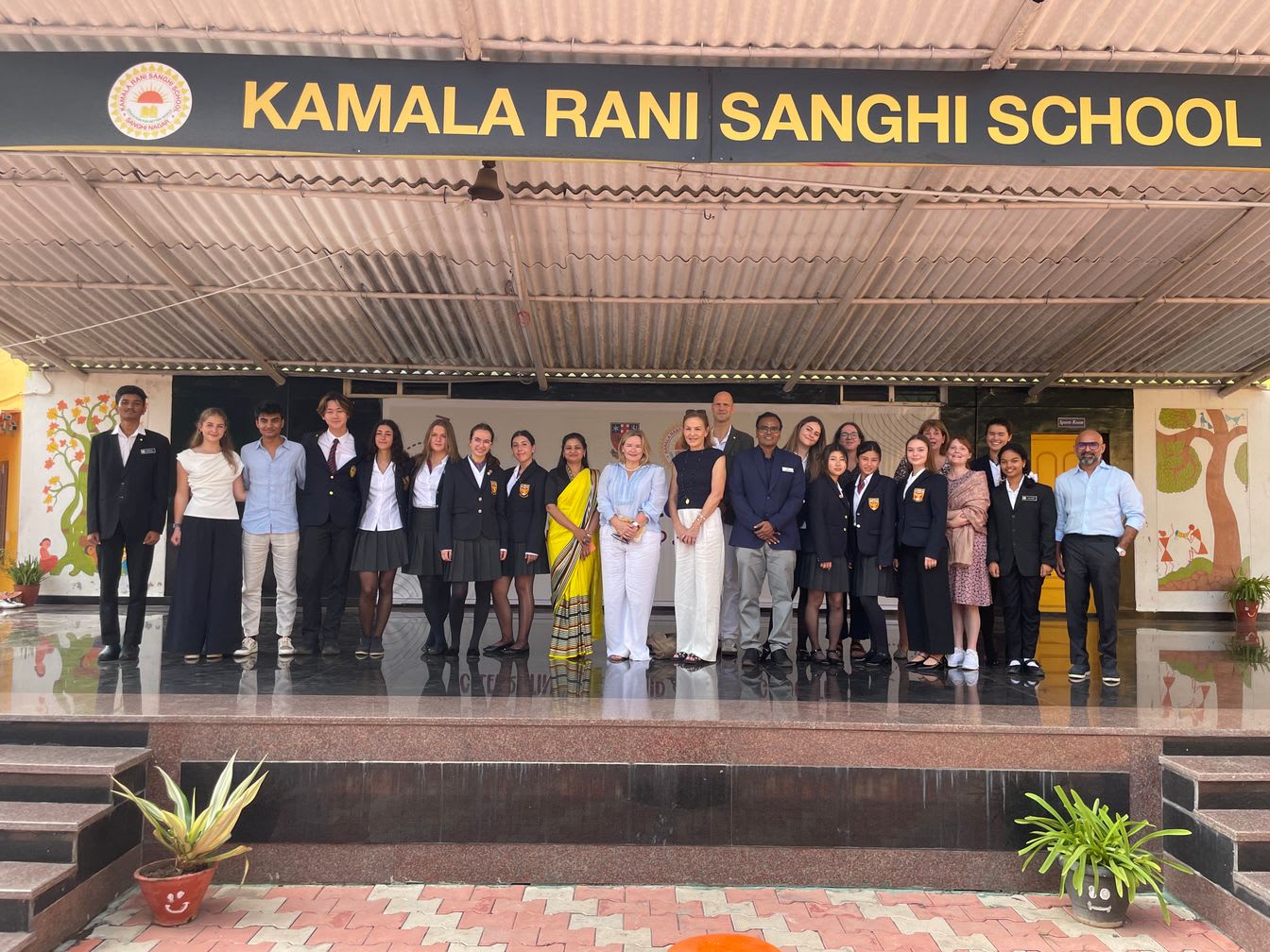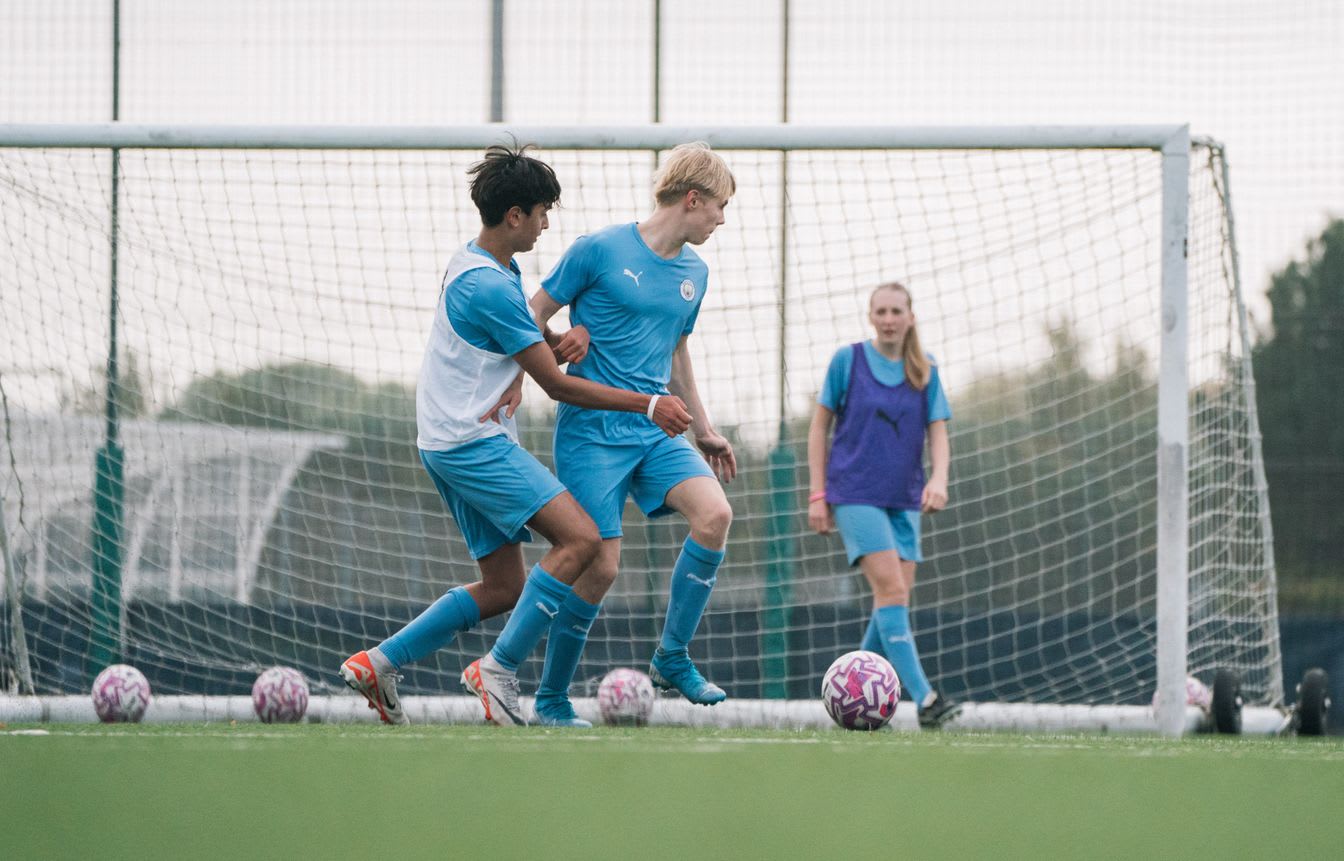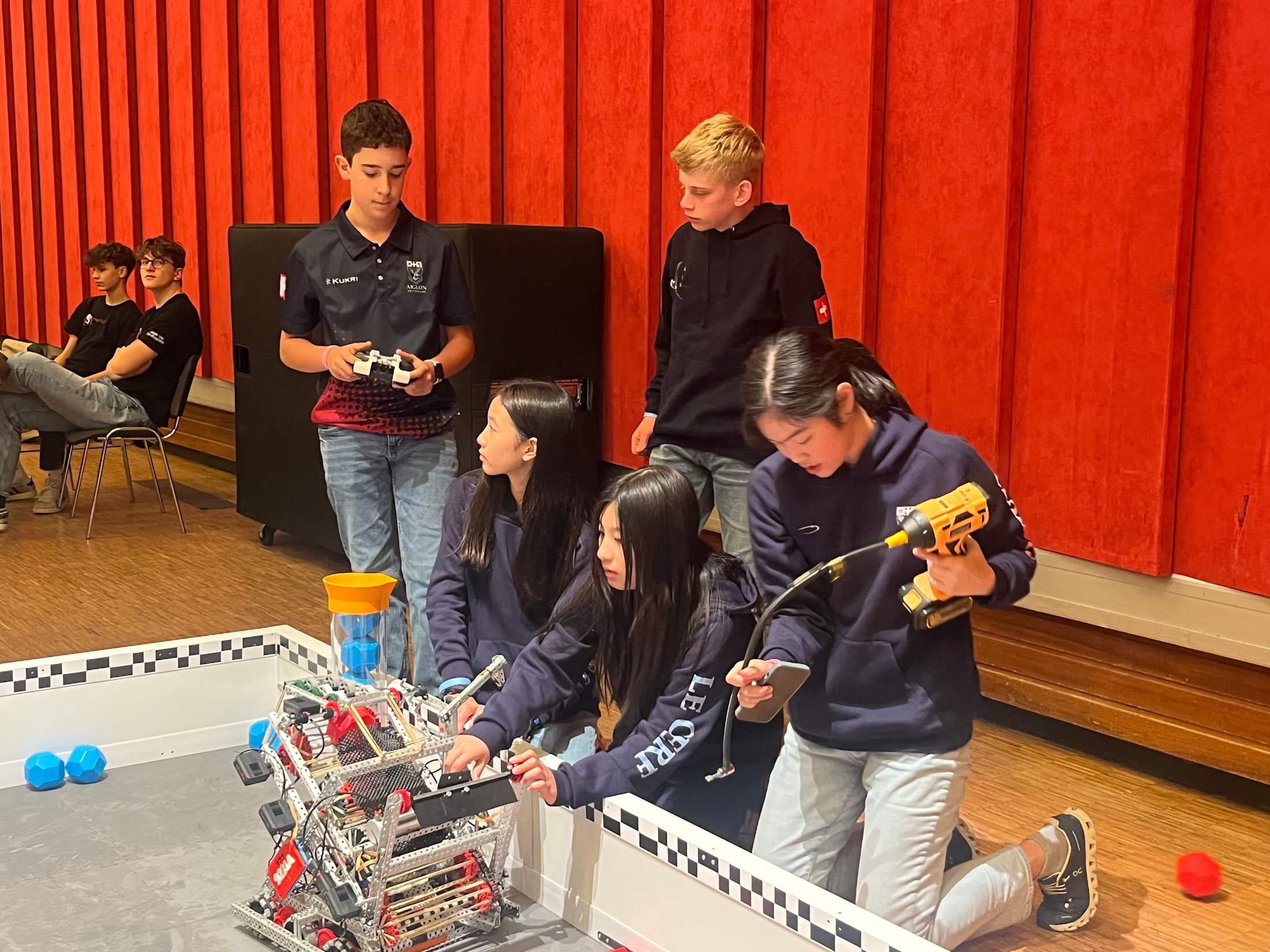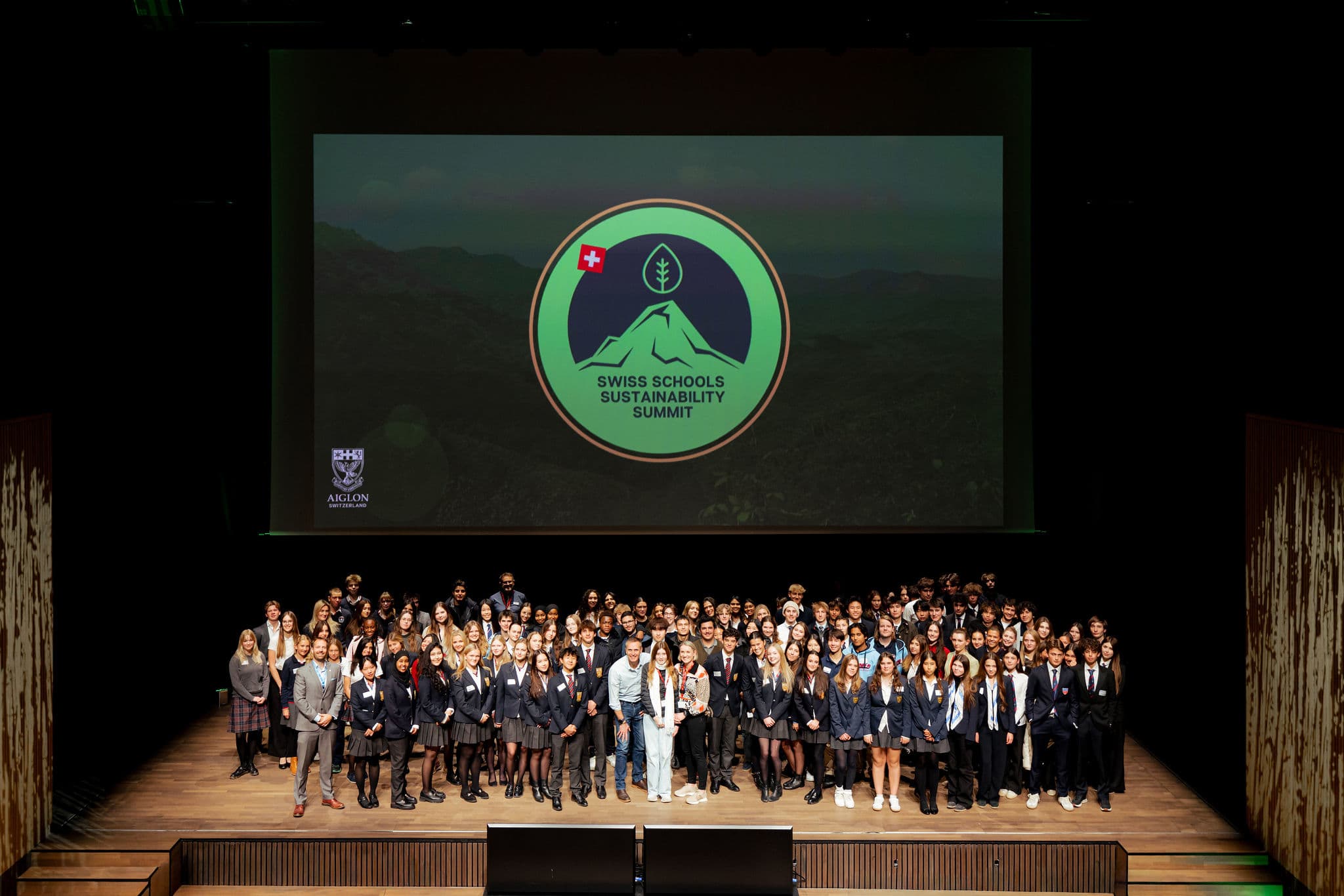Volunteering at a food bank is often seen as a straightforward act of kindness, a way to give back to the community by helping those in need. At places like Aiglon College, students and staff engage in such activities with the intention of making a positive impact. However, the dynamics within food banks can sometimes place volunteers in a complex position of authority over the recipients, creating an unintended power imbalance. This scenario raises important questions about the nature of charity, the dignity of those receiving aid, and the responsibilities of those who serve. The images of volunteers distributing food, while heartwarming, also hint at the underlying tensions that can arise when help is not just given but also controlled by the helpers.
The experience of volunteering at a food bank, as reported by participants from Aiglon and other institutions, often involves more than just handing out food. It includes making decisions about who gets what, how much, and sometimes even why. These decisions, though seemingly minor, can have a profound impact on the recipients' sense of autonomy and self-worth. The article explores the delicate balance between providing necessary assistance and inadvertently reinforcing dependency or inequality. It also highlights the importance of training and sensitivity in volunteer work, ensuring that the act of giving does not come at the cost of the recipients' dignity. Through interviews and research, the piece sheds light on the complexities of food bank volunteering, offering insights into how such programs can be structured to empower rather than diminish those they aim to help.

